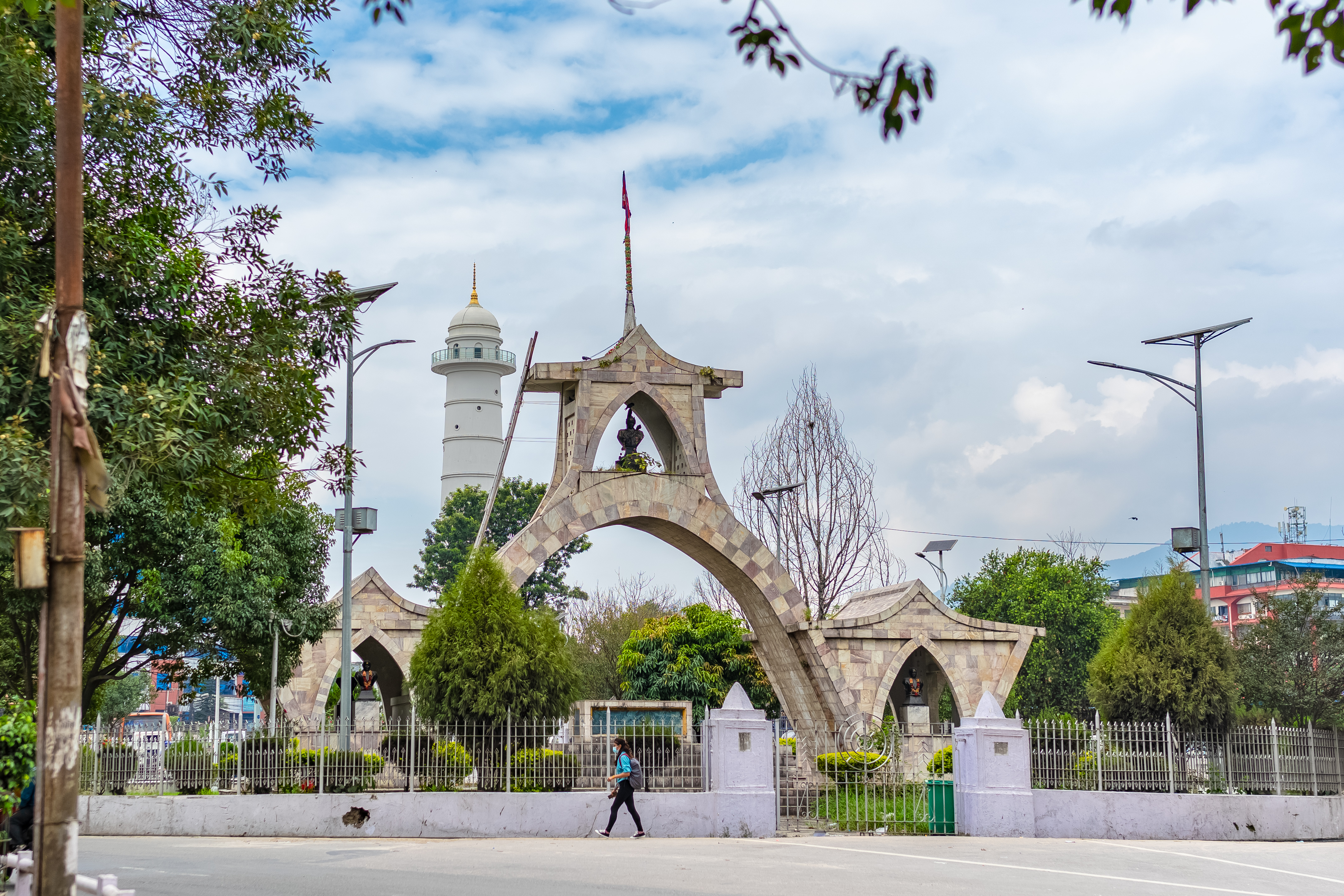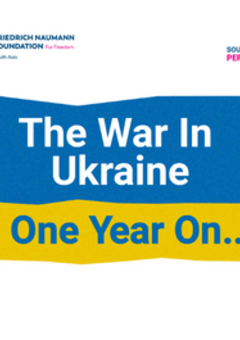The War in Ukraine: Nepal
Russian offensive and impression in South Asia: Perspective from Nepal

Shaheed Gate Nepal a memorial dedicated to the four heros, namely Dharma Bhakta Mathema, Gangalal Shrestha, Dashrath Chand, and Shukraraj Shastri, who stood against the 104-year-old autocratic Rana Regime and were executed for it.
© Anjila ShreshthaThe Russian invasion in Ukraine led to crises of widely diverging natures in Europe and around the world. Prime amongst these was the re-evaluation of nations’ political principles. The shortages of absolute essentials revealed the challenges the global system of supply faces, the resultant inflation placing hurdles for governments in various spheres.
Being a landlocked state, Nepal has felt the impact of the crisis to a larger degree with runaway inflation and shortages of basic essentials. Nepal demonstrated adherence to international norms and risked its relationship with Russia by opposing the latter’s invasion of Ukraine. The crisis led to criticism of the UN and division amongst the nations of South Asia.
Nepal maintains barely perceptible economic relations with Russia and Eastern Europe. But its relations with neighbouring India during this crisis have had a direct bearing on its economy, owing to its landlocked state. As Nepal grapples with the crisis, its increased inflation, lowered growth and the disruption to its financial markets impact the pace of its development. Recovery from the chaos, restoration of control over prices, alleviation of the shortage of supplies and resumption of exports are sure to be time-consuming endeavours.
Overseas workers’ remittances have always been economically important across the region, helping Nepal brave through previous economic crises, and its workers in regions such as the Middle East helping counter domestic economic travails. The current crisis has proven to be an exception, with these overseas remittances having declined. The money sent home by an estimated 3-4 million Nepali workers around the globe totals a quarter of Nepal’s GDP, making it the world’s fifth-largest remittance-dependent economy. The rise in prices of food, fuel and fertilizers and bans on exports have come to threaten Nepal’s food and energy security. Overall, the crisis in Ukraine has affected most of the sectors of the Nepali economy.
Read the full paper here:
-

The Russian invasion in Ukraine led to crises of widely diverging natures in Europe and around the world. Prime amongst these was the re-evaluation of nations’ political principles. The shortages of absolute essentials revealed the challenges the global system of supply faces, the resultant inflation placing hurdles for governments in various spheres.
